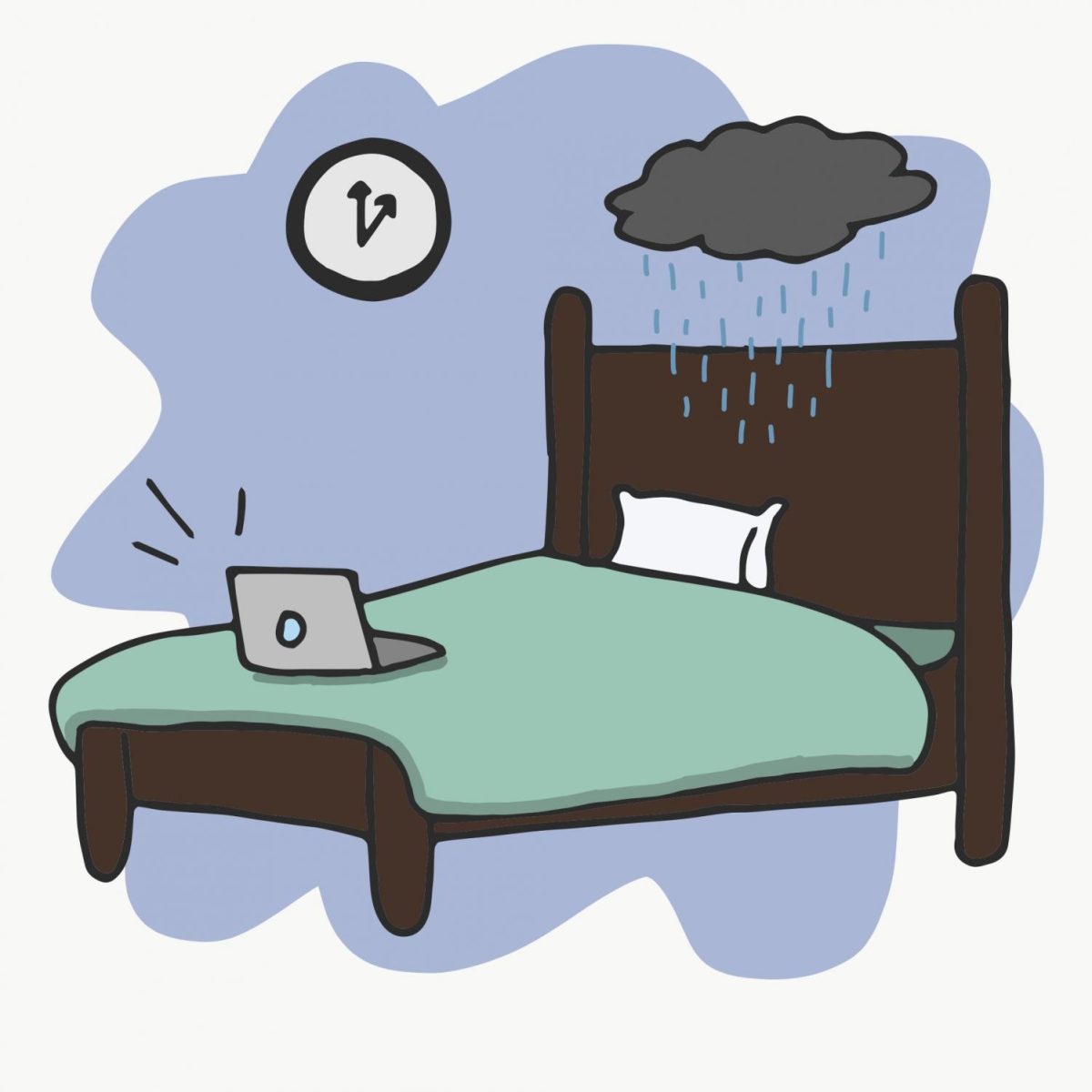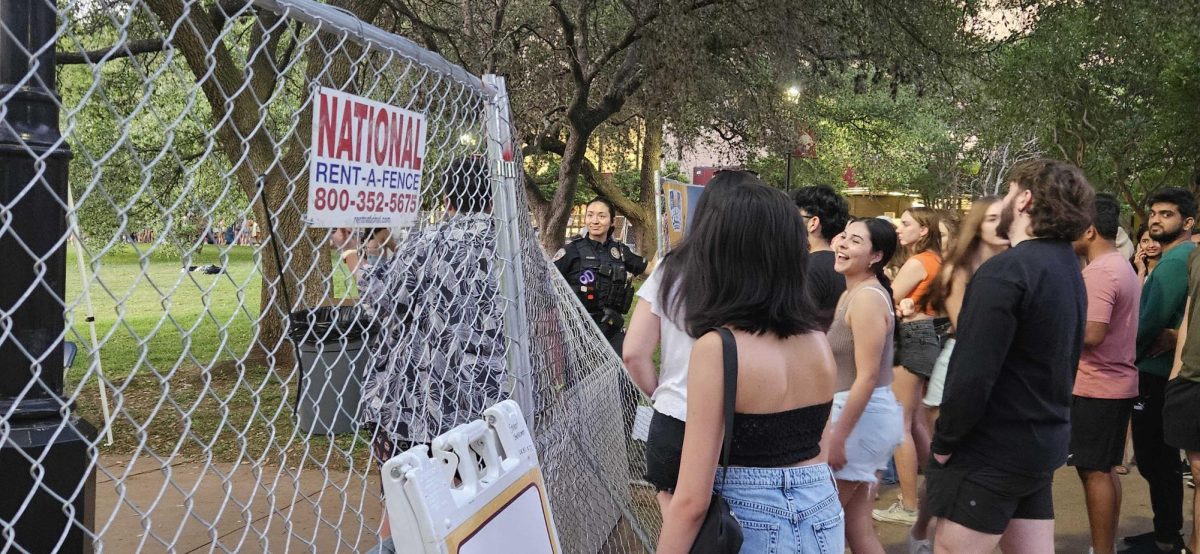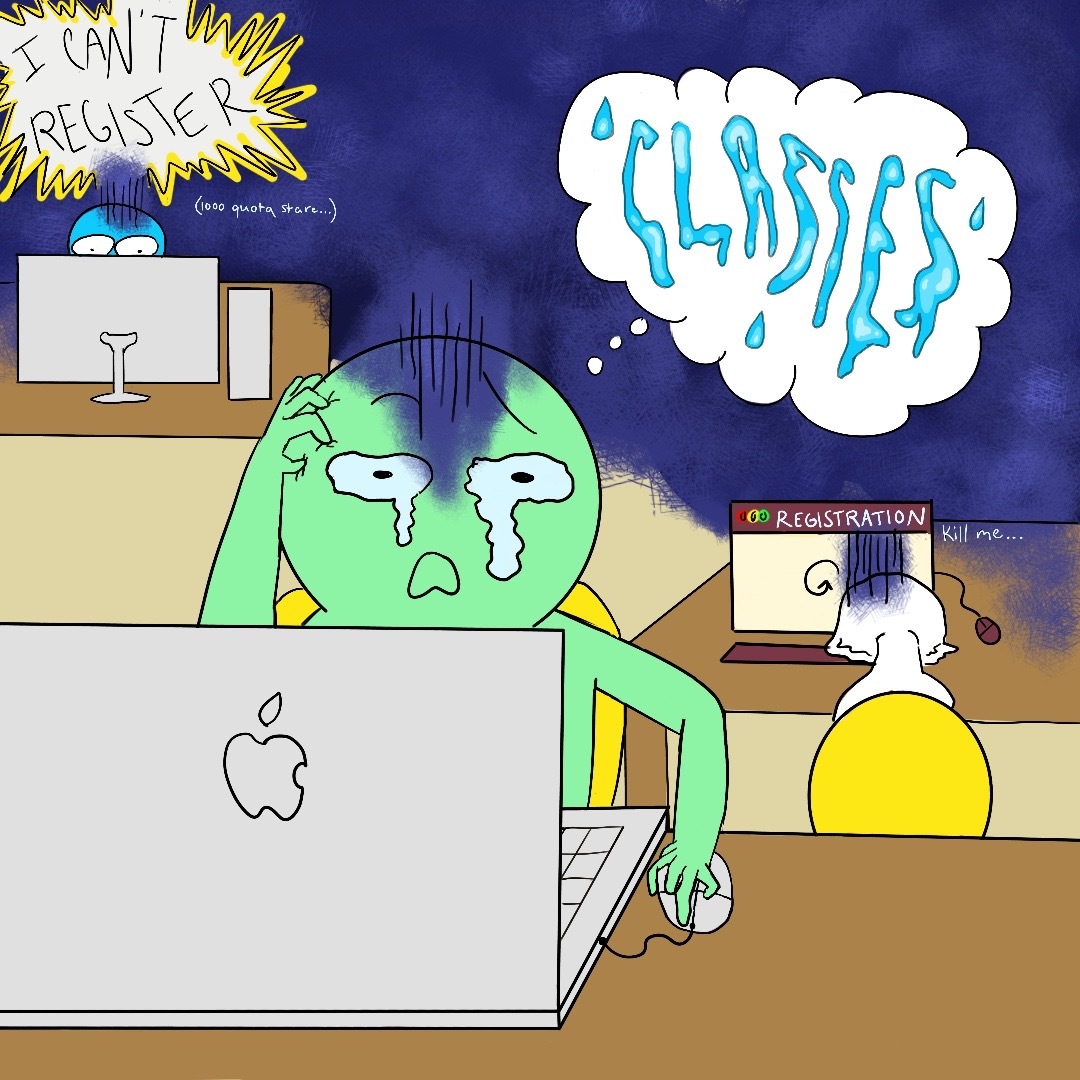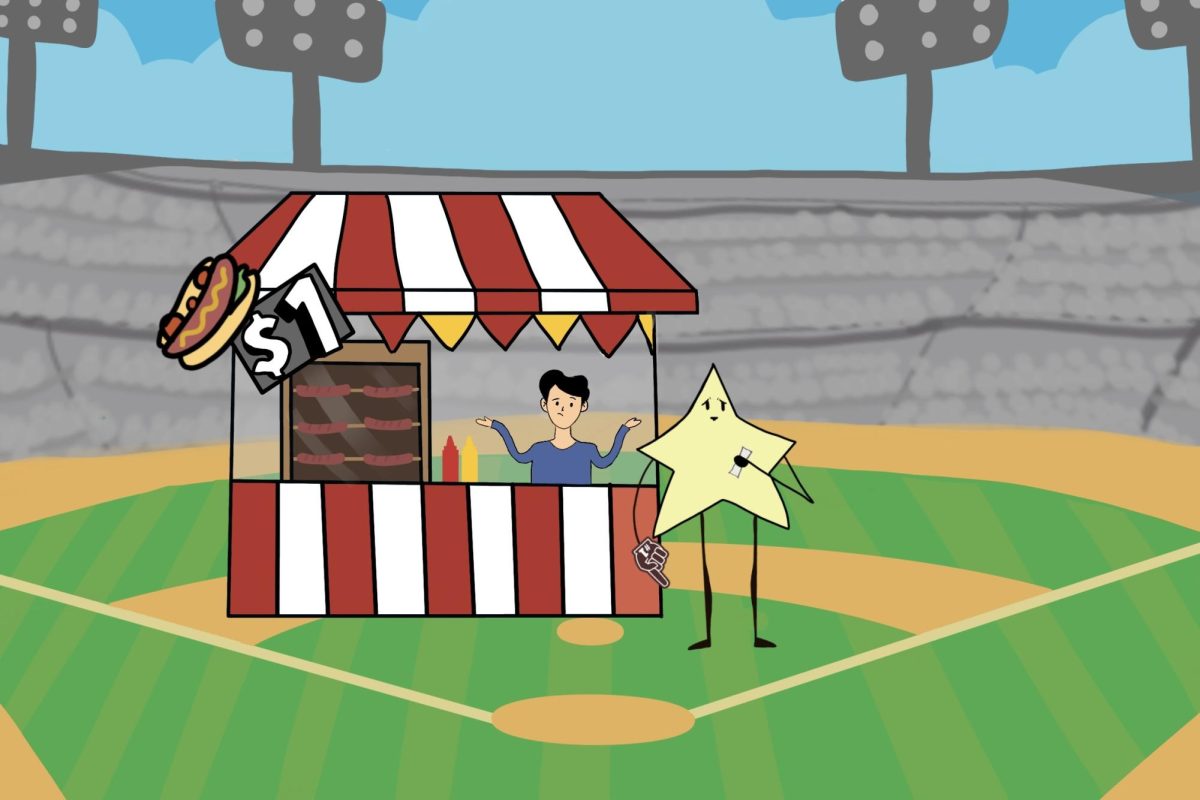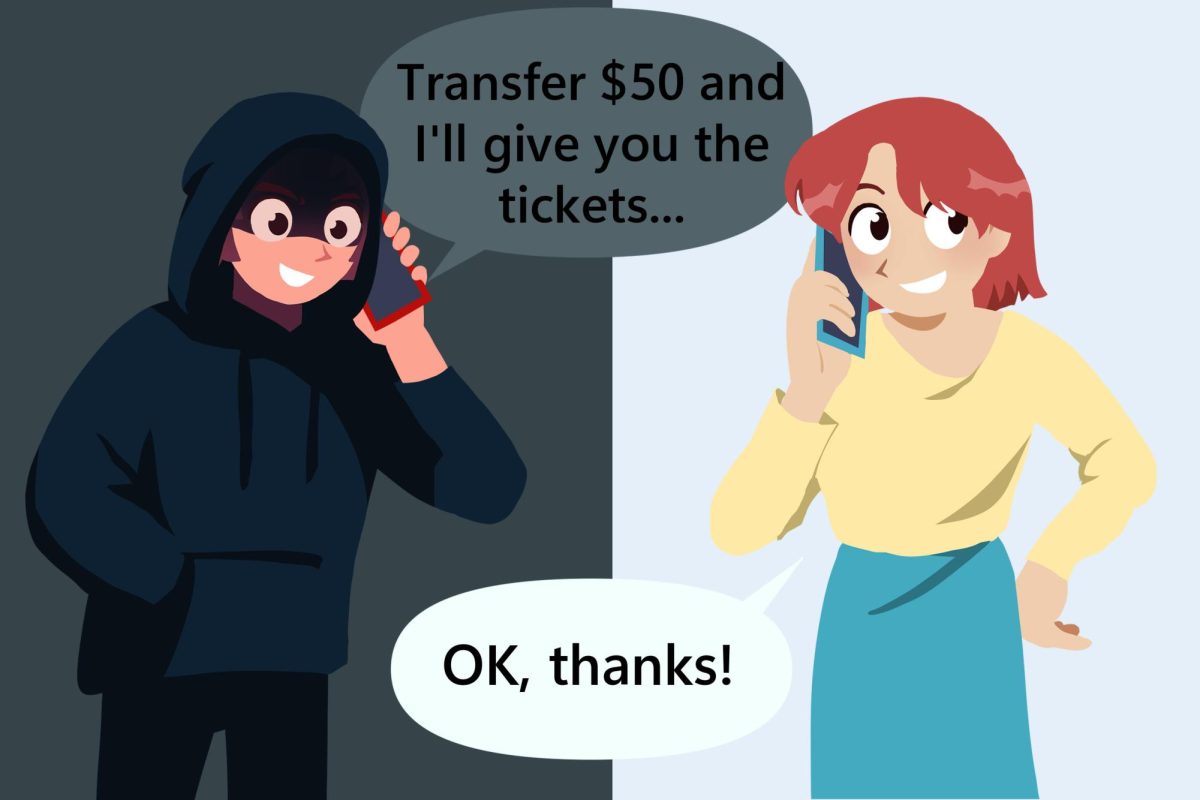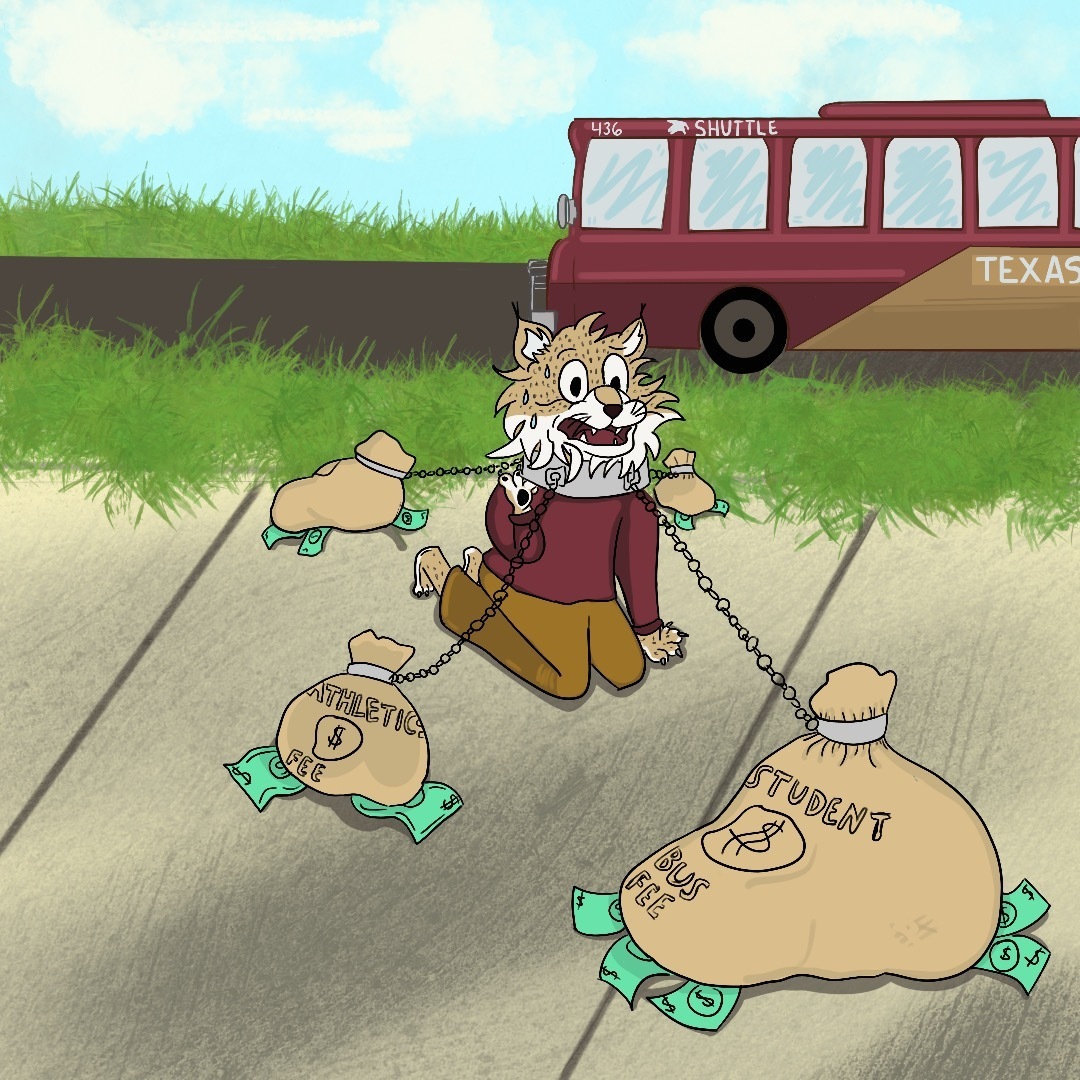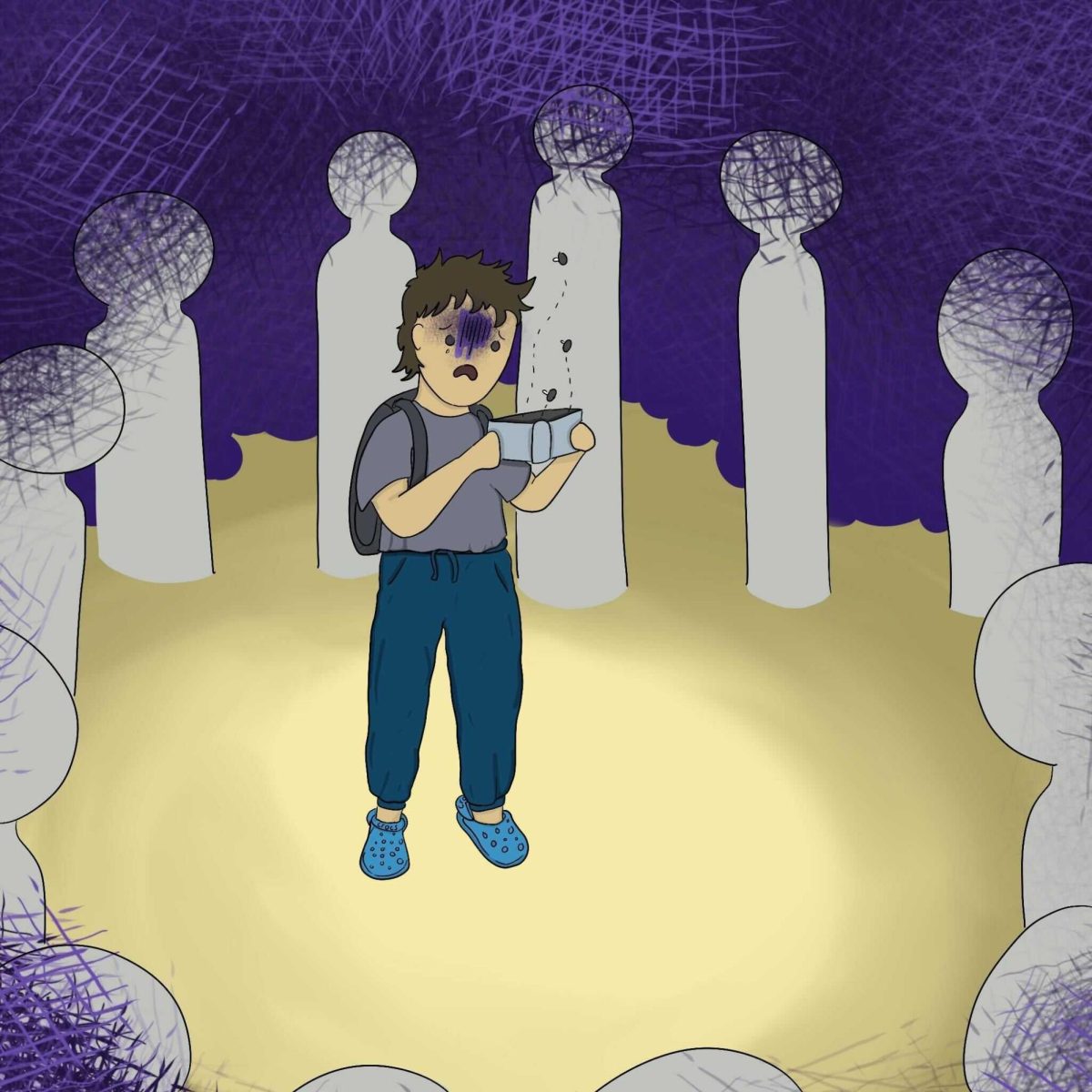The novel coronavirus, or COVID-19, is more than just a physical threat to society, it is a mental one too.
The nation received the order from experts to social distance and that reality poses a serious threat to mental health. Students who rely on the busy environment of in-person schooling and work responsibilities are in danger of falling into depressive states.
About one in four adults, ages 18 or older, suffer from a diagnosable mental disorder in America. Texas State sees 30% of their student population suffer from anxiety or depression and that number solely reflects the students who reached out to the Student Health Center for assistance.
The various stay-at-home orders are rightfully taking place in an effort to flatten the curve and prevent as much exposure and spread of the virus as possible. However, the devastation of a nationwide quarantine is a nightmare for millions of Americans and students that suffer from mental health disorders.
A strong social environment and daily routine are recommended to treat symptoms of depression and anxiety. With the move to online classes and the closing of bars, restaurants, movie theaters and parks the idea of any social interaction seems nearly impossible.
A predictable and active routine is one of the main things that allow for a person with a mental health disorder to feel in control. A simple routine of waking up early to catch the bus, go to class, grab coffee with a friend or work for hours is necessary, not convenient. The loss of that stability in everyday life is potentially detrimental.
The act of staying home is a luxury for some and a living hell for others who fall victim to their subconscious when faced with a myriad of time.
Overwhelming thoughts of being alone and isolated from society are prominent components of a person who suffers from a mental health disorder. The coronavirus induced isolation allowed such thoughts to become a harsh reality for millions of people.
The danger lies in the fact that people who suffer from a mental health disorder cannot handle uncertainty as well as the common person. Every emotion is magnified for them.
Dr. Indumathi Bendi, a primary care physician at Piedmont, touched on the importance of routine and the power it holds on stress levels during an interview with the hospital. She said, “preparedness is a key way to prevent stress.”
No one was prepared for the worldwide pandemic that is occurring. No one had time to prepare for a near-apocalyptic time period of isolation in society. As hospitals continue to face the depletion of necessary equipment and families face financial struggle the only thing people can feel is stress.
The empty shelves on the cleaning supply aisles prove the threat of infection is causing panic around the country. The seemingly new concept of proper hygiene is shocking many but not all.
According to the National Anxiety Foundation, 2.5% of the population suffers from obsessive compulsive disorder. They were already washing their hands sixteen times on a normal day. The only difference is now they are trapped in their home with nothing to do but focus on their compulsions to feel clean.
The risk of exposure and unclear treatment for the virus is also a threat to mental health. First responders who are responsible for treating victims of the virus are taking on an unimaginable emotional toll. People who test positive for COVID-19 and have to strictly quarantine for weeks are feeling responsible for possibly infecting others.
There is no relief to offer this significant percentage of the population besides the fact that the world truly is experiencing this threat together. No matter how alone one feels in this pandemic, millions are feeling the exact same way.
For the next few weeks, the way of communication will have to rely on Wi-Fi and using applications like FaceTime. Trips to the grocery store will no longer be relaxing, but full of paranoia and angst. The uncertainty is not over. Experts offer their knowledge, but no one saw this coming and no one holds the answer to fix it. Not yet.
Unfortunately, the forced isolation is and will continue to negatively affect mental health.
As people stock up on toilet paper and bread, they should also consider the act of selflessness. Check up on neighbors, call family members who are often alone and FaceTime loved ones because everyone is feeling alone, scared and uncertain.
– Laura Nunez is an advertising senior







